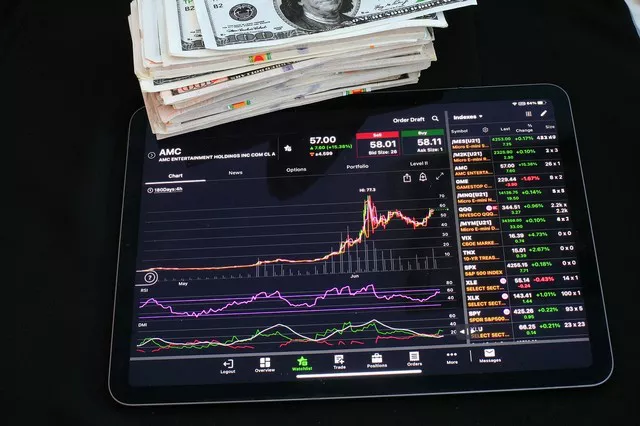In the vast realm of commodity trading, one avenue that often captures the attention of investors and traders alike is the world of corn futures. Investing in corn futures provides an opportunity to participate in the agricultural commodities market, which is influenced by various factors ranging from weather conditions to global demand.
Understanding Corn Futures
Corn futures are financial contracts that obligate the buyer to purchase, or the seller to sell, a specified amount of corn at a predetermined price on a future date. Traded on commodities exchanges such as the Chicago Board of Trade (CBOT), corn futures play a crucial role in allowing producers and consumers to hedge against the price volatility of corn. Investors, too, can participate in corn futures to speculate on price movements and potentially capitalize on market trends.
The Mechanics of Trading Corn Futures
Trading corn futures involves several key steps, each of which requires careful consideration and understanding. Here’s a step-by-step guide on how to buy corn futures:
Educate Yourself About Corn Markets
Before diving into corn futures trading, it’s essential to gain a comprehensive understanding of the corn market. Factors such as weather conditions, global demand, and government policies can significantly impact corn prices. Staying informed about these variables is crucial for making informed trading decisions.
Choose a Reputable Brokerage
To trade corn futures, you need to open an account with a brokerage that offers commodity futures trading. Look for a reputable brokerage with a user-friendly platform, competitive fees, and access to the relevant futures exchanges.
Research and Analysis
Conduct thorough research and analysis to make informed trading decisions. Utilize technical and fundamental analysis to assess market trends, historical price movements, and potential factors influencing corn prices. This groundwork is essential for developing a sound trading strategy.
Risk Management
Corn futures, like any other financial instrument, carry inherent risks. Implement risk management strategies, such as setting stop-loss orders, to mitigate potential losses. Establishing a risk-reward ratio before entering a trade is a fundamental aspect of prudent risk management.
Open a Futures Trading Account
Once you’ve selected a brokerage, open a futures trading account. This account will enable you to execute trades in the corn futures market. Ensure that your account is funded with the necessary margin to cover potential losses.
Understand Margin Requirements
Corn futures trading involves margin requirements, which represent a fraction of the contract’s total value. Familiarize yourself with the margin requirements set by the exchange and ensure that your trading account maintains the necessary margin at all times.
Place Your Trade
With your account funded and analysis complete, it’s time to place your corn futures trade. Specify the contract month, quantity, and any other relevant details. You can enter different types of orders, such as market orders or limit orders, depending on your trading strategy.
Monitor Your Position
After entering a corn futures position, regularly monitor the market and your open trades. Stay updated on relevant news and market developments that may impact corn prices. Adjust your strategy if necessary based on changing market conditions.
Considerations for Buying Corn Futures
Seasonal Patterns
Corn prices often exhibit seasonal patterns influenced by planting and harvesting seasons. Understanding these patterns can aid in timing trades more effectively.
Weather Conditions
Weather plays a significant role in corn production. Unfavorable weather conditions, such as drought or excessive rainfall, can impact crop yields and subsequently influence corn prices.
Global Demand and Supply
Keep an eye on global demand and supply dynamics. Changes in demand from major consumers or disruptions in the global supply chain can affect corn prices.
Government Policies
Government policies, such as agricultural subsidies or trade tariffs, can have a direct impact on corn prices. Stay informed about relevant policy developments that may influence the market.
Market Sentiment
Monitor market sentiment and trader positioning. This information can provide insights into potential market trends and reversals.
Conclusion
Buying corn futures can be a rewarding venture for investors looking to diversify their portfolios and capitalize on opportunities in the commodities market. However, it’s essential to approach corn futures trading with a solid understanding of the market, a well-defined strategy, and a commitment to risk management. By educating yourself, choosing a reputable brokerage, conducting thorough research, and staying informed about market dynamics, you can navigate the complexities of corn futures trading with confidence. As with any investment, careful consideration and continuous learning are key to success in the world of corn futures.


